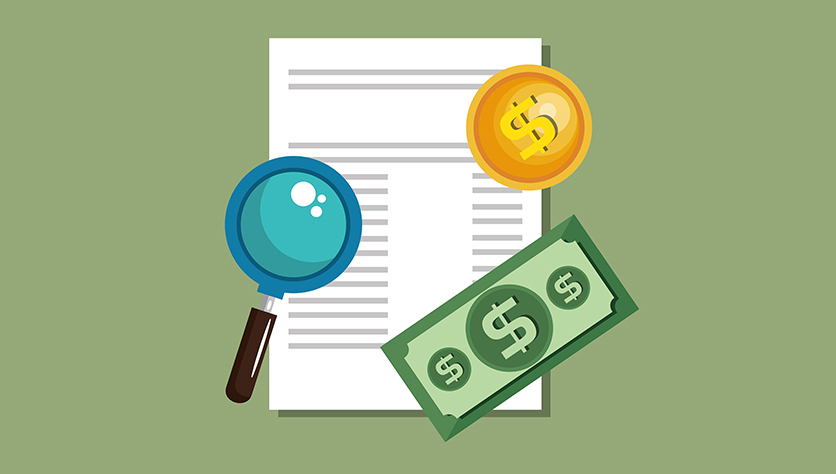
Jonathan is a partner at Torkin Manes. He practises exclusively in the area of construction law, on behalf of general contractors, public and private owners, sureties, subcontractors, suppliers, financial institutions and design professionals.
Jonathan’s practice is focused on construction ...
Jonathan is a partner at Torkin Manes. He practises exclusively in the area of construction law, on behalf of general contractors, public and private owners, sureties, subcontractors, suppliers, financial institutions and design professionals.
Jonathan’s practice is focused on construction claims, defences and surety bond work, employing alternative dispute resolution and advocacy at trial and appellate levels. Jonathan’s practice also includes all aspects of construction document drafting including General Contracts, Trade Contracts, Architectural and Engineering Services Contracts, Subcontracts, Supply and transportation contracts.
Jonathan is an Adjunct Professor of Law at Queen’s University and teaches a sessional course on Canadian Construction Law.
Jonathan has extensive experience representing contractors and home owners in residential construction disputes. He also represents parties in respect of proceedings under the Ontario New Home Warranties Plan Act at the License Appeal Tribunal and in negotiating New Home Warranty claims.























